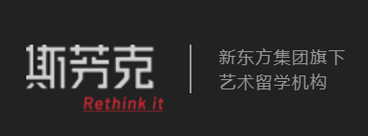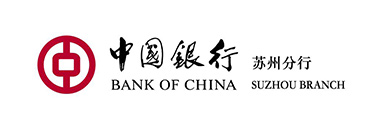Cornell economist: In game of trade war chicken, don’t expect China to blink
April 9, 2025
President Trump has escalated the trade war between the world’s two largest economies by first imposing a 104% tariff on imports of Chinese goods, which he later raised to 125%, prompting Beijing to issue retaliatory duties on U.S. imports of 84%.
Wendong Zhang
Assistant Professor
Wendong Zhang is an assistant professor of applied economics and policy at Cornell University. He says the tariffs by the U.S., and the resulting counter-tariffs from China, have resulted in the highest, broad-based tariff hikes since WWII.
Zhang says:
“The recent tariff hikes plus retaliations from China and the EU are projected to lead to more than 2.5% long-term real GDP loss for the U.S. and even higher for China. Even though China understands it will pay a much higher economic costs in percentage terms, the international political economy calculations mean that they are likely stick to their guns.”
“China has vowed to ‘fight to the end’, and there are risks of even more escalations. China has already reduced its reliance on U.S. products such as soybeans and other agricultural products since the 2018-19 trade war. But this time around, Chinese leaders have the backing of a more supportive general public to stand up to the U.S. and pivot to domestic consumption.
“Many products that the U.S. imports are predominantly from China: smartphones (73%), laptops (78%), video game consoles (87%), toys (77%), and also antibiotics for U.S. livestock production. Resourcing from other countries will take time and result in much higher costs.”



















